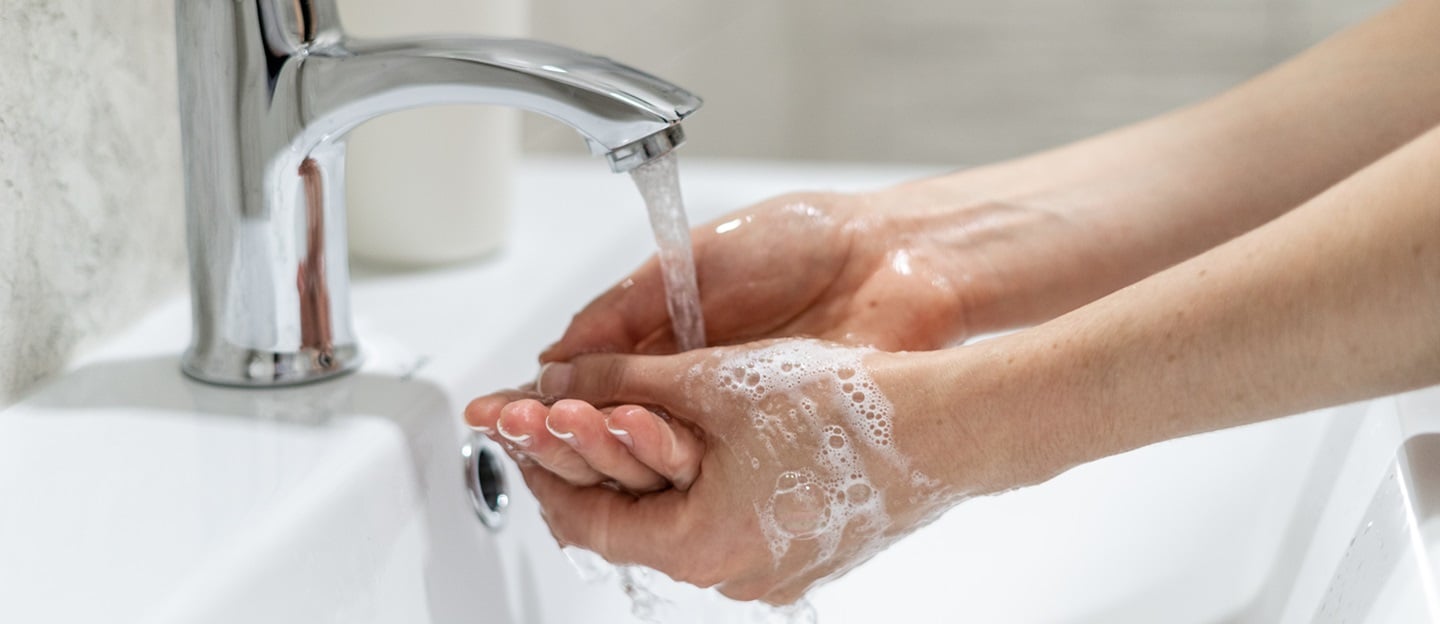Air Purifier For Allergies: how can they improve your symptoms
Discover the benefits of using an air purifier for a healthier home environment. Learn how it can improve air quality and make life easier for allergy sufferers.
Air Purifier For Allergies: how can they improve your symptoms?
With the arrival of the spring season, not only are there more hours of daylight during the day but also more allergies that can impair health. When an allergen comes into contact with the body, symptoms can vary from person to person, but the most common include frequent sneezing, congestion, reddened eyes, a dry cough, and feelings of fatigue or general malaise.
These symptoms are generally caused by a reaction of the immune system to allergenic particles such as pollen, mold spores, or animal hair. When these particles surround an allergic person's nose, throat, or eyes, the immune system defends the body.
Fortunately, within the home, we feel safe from these health hazards. But are we really?
There is actually a phenomenon called home pollution: in fact, despite the fact that modern homes are highly insulated and therefore able to provide protection from external agents, at the same time there is the possibility that we ourselves bring in dust, pollen, and so on.
Indoor Air Quality: Sources of Contamination Inside Buildings and Homes:
Indoor air quality, inside buildings and homes, can be affected by several sources, including:
• Dust : The presence of dust in the air worsens its quality as it contains chemicals, allergens, and other contaminants that can prove harmful.
• Mold and moisture: Mold and moisture in the home can release spores into the air, causing respiratory and other health problems.
• Cigarette smoke: Cigarette smoke releases many harmful chemicals into the air, including carbon monoxide.
• Household chemicals: Frequent use of cleaning products, paints, glues, and other household chemicals generates the release of chemicals into the air.
• Combustible gas emissions: Gas emissions from stoves, furnaces, and other gas appliances can contaminate the air.
• Pets: Pets can also cause allergies and other respiratory problems because of the hair, feathers, and other substances they can release.
The best solution to make the quality of the air we breathe inside our home optimal, in addition to ventilating rooms regularly and maintaining good cleanliness, is to install air purifiers, which are able to minimize the negative effect of polluted indoor air.
A great way to combat home pollution is through air purifiers for allergies.
Air purifiers: how it works and their usefulness
Air purifiers for allergies are devices designed to remove particles, odors, and other pollutants from the air inside a room or building. These can be especially useful for people who suffer from allergies or asthma, but they can also be useful for anyone who wants to breathe cleaner indoor, healthier air.
These systems work through a variety of filters and air-cleaning technologies. Standard filters include High-Efficiency Particulate Air (HEPA) filters, which remove particles as small as 0.3 microns, including pollen, dust, smoke, and other airborne particles. Other common filters include activated carbon filters, which absorb odors and harmful gases, and UV-C filters, which use ultraviolet light to kill bacteria and viruses in the air.
Air purifiers, in addition to reducing allergies or respiratory problems such as asthma, can also be useful for those who want to maintain a general better air quality in the home.
Air purifier: the best choice depends on the needs
When choosing the air purifier to install in your home, you need to consider the specific needs of the environment in which it will be used and the polluting particles in the air.
Factors to consider when choosing the air purifier best suited to your needs may be related to the size of the room, cost, and energy consumption.
In the event that particles harmful to pollen allergy sufferers are present in the air, for example, it is best to opt for a purifier with a HEPA filter, which can remove small particles. The size, and thus the capacity of the air purifier, should indeed be appropriate for the intended use, but, at the same time, this can affect its consumption and cost. It is therefore important to choose a model with low consumption to avoid unpleasant surprises on the electricity bill.
As for the price of air purifiers, this can vary greatly depending on the functions and features. When choosing, it is, therefore, advisable to set a budget and accordingly choose a model that meets your needs without exceeding your spending limit.
Can dehumidifiers better the air quality indoors?
Dehumidifiers can also be useful for improving air quality in very humid environments and reducing the presence of mold and other allergens.
Nowadays, dehumidifiers have also seen a great improvement technology-wise; in fact, they can also be very compact and easily controlled from afar thanks to their smart programming features.
Not to mention, they are also portable, and a game-changer if you have trouble breathing in high-humidity environments.
Ariston dehumidifiers offer a great solution for those looking to improve the air quality in their environments. Have a look at the products to find the one that better adapts to your needs.
In conclusion, it is important to use a dehumidifier properly, keeping the filters clean and, if necessary, combining its use with other strategies to improve air quality, such as the use of air purifiers or proper ventilation of the room.





